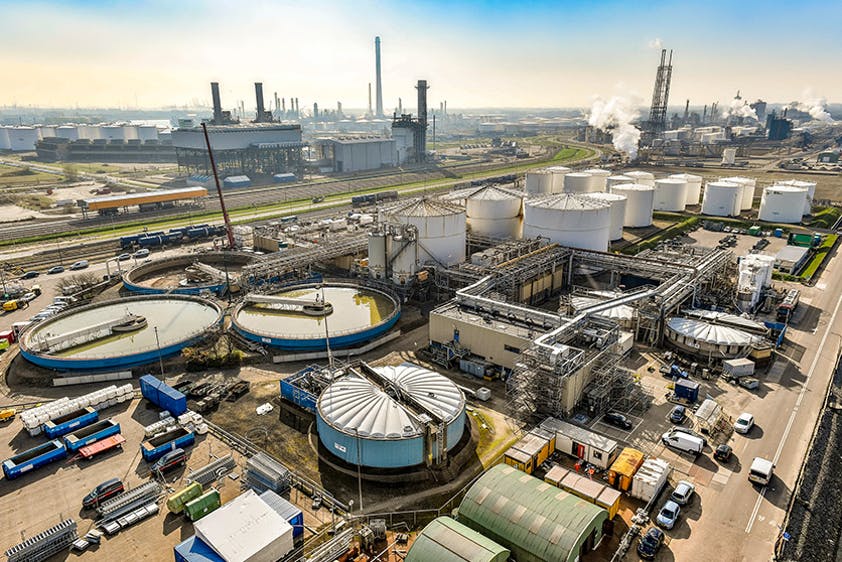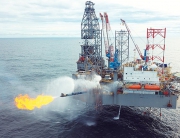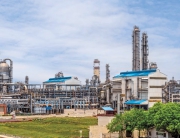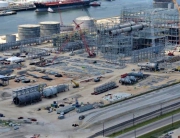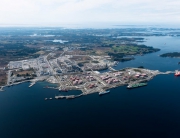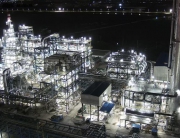Royal Dutch Shell PLC has let a contract to Worley Ltd. to provide engineering and procurement (EP) services for the operator’s recently approved project to build an 820,000-tonnes/year (tpy) biofuels plant at the Shell Energy and Chemicals Park Rotterdam, the Netherlands, formerly known as the Pernis refinery.
The EP contract award follows Worley’s collaboration with Shell during the last 18 months to define the proposed complex, which upon commissioning will be one of Europe’s biggest producers of sustainable aviation fuel (SAF) and renewable diesel made from waste, producing enough renewable diesel to avoid 2,800,000 tpy of carbon dioxide (CO2) emissions, or the equivalent of taking more than 1 million European cars off the roads, Worley said on Oct. 19.
While few details regarding specific components of the proposed complex were revealed, Jos van Wisen—general manager of Shell Energy and Chemicals Park Rotterdam—said the major investment would include construction of a new hydroprocessed esters and fatty acids (HEFA) plant that would be vital to the manufacturing site’s path to net zero as well as Shell’s transformation as part of the energy transition.
Worley—which will lead the project from its office in The Hague with support from its global integrated delivery team—did not disclose a value of the EP contract.
Upon reaching final investment decision (FID) in September to proceed with the Rotterdam project, Shell said the plant will use a range of certified sustainable vegetable oils, such as rapeseed, to supplement waste feedstocks until even more sustainable advanced feedstocks become widely available.
Additionally, Shell plans to capture carbon emissions from the plant’s manufacturing process and store them in the empty P18-2 gas field beneath the North Sea via the Port of Rotterdam CO2 Transport Hub and Offshore Storage (Porthos) project that—pending FID due next year—will include a roughly 30-km 42-in. OD onshore pipeline through the port to be built by DENYS NV.
The Rotterdam biofuels plant is scheduled to begin production—more than half of which will be made up of SAF—in 2024, according to Shell and Worley.
The Rotterdam low-carbon fuels project comes as part of Shell’s broader Powering Progress strategy, under which Shell is transforming its 14 refineries into five energy and chemicals parks.
Shell aims to reduce the production of traditional fuels by 55% by 2030 and provide more low-carbon fuels such as biofuels for road and aviation transportation, as well as hydrogen.
The Energy and Chemicals Park Rotterdam is Shell’s second park to be announced, following launch of its Energy and Chemicals Park Rhineland, Germany, in July 2021.
Source: www.ogj.com


